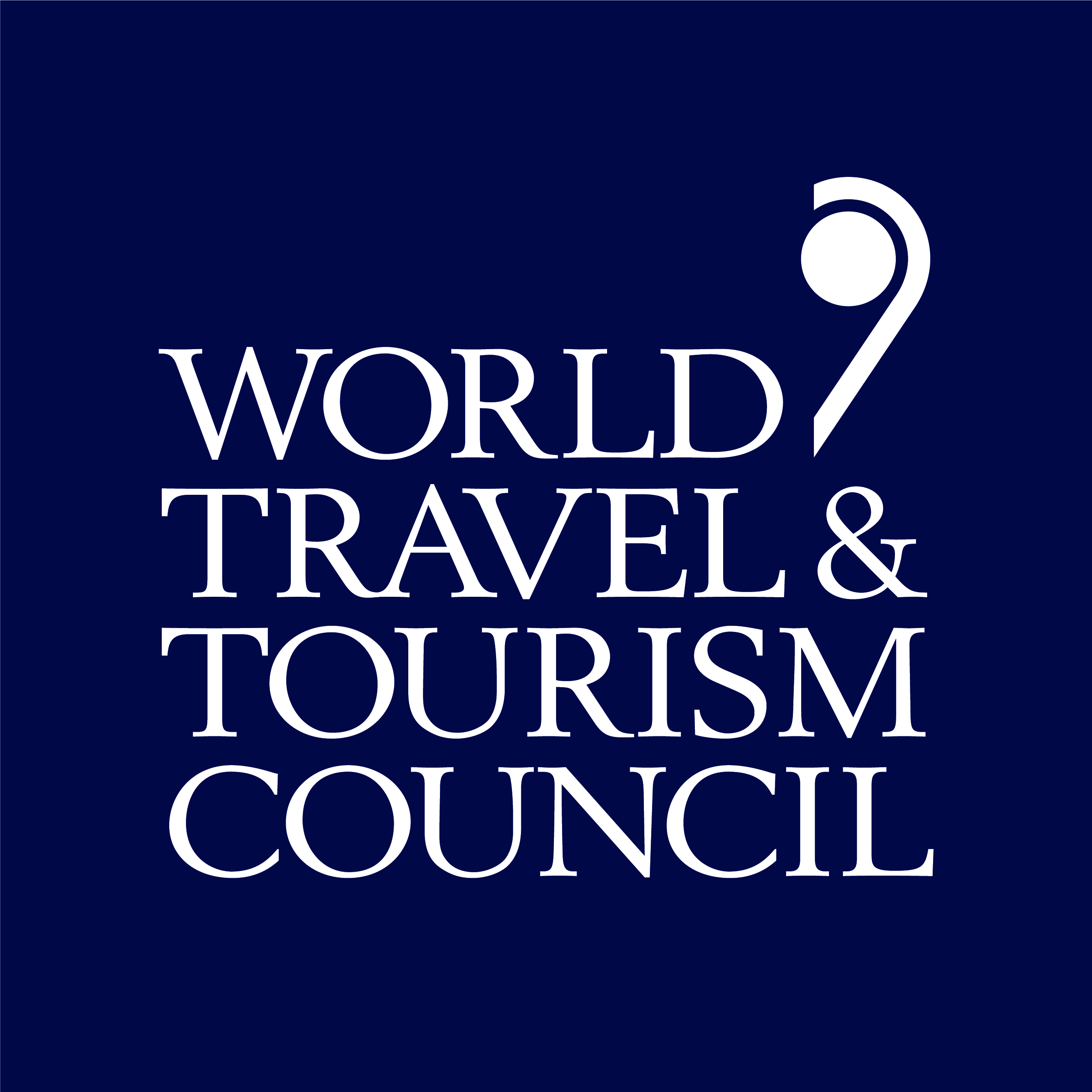How sustainable tourism can address global water scarcity

The Travel & Tourism sector, a significant driver of global economic growth, is uniquely positioned to address the pressing issue of global water scarcity. Despite its relatively low direct water use compared to other industries, the sector’s dependence on water for various services and its impact on water-stressed regions make it a critical player in promoting sustainable tourism. Implementing eco-friendly travel initiatives that prioritise tourism and water management can significantly reduce the environmental impact of tourism.
In 2019, the sector accounted for approximately 3.5% of global freshwater withdrawals, translating to around 134 billion cubic metres. Most of this water use occurs indirectly through the sector’s value chain, particularly in food and agriculture, which constitute nearly three-quarters of its total freshwater use. This dependence on water-intensive products highlights the need for the sector to adopt sustainable tourism practices that mitigate its water footprint and ensure the viability of tourism destinations. Effective water conservation strategies and eco-friendly travel measures are essential to reduce the environmental impact of tourism.
Sign in to access actionable insights
The Travel & Tourism sector, a significant driver of global economic growth, is uniquely positioned to address the pressing issue of global water scarcity. Despite its relatively low direct water use compared to other industries, the sector’s dependence on water for various services and its impact on water-stressed regions make it a critical player in promoting sustainable tourism. Implementing eco-friendly travel initiatives that prioritise tourism and water management can significantly reduce the environmental impact of tourism.
In 2019, the sector accounted for approximately 3.5% of global freshwater withdrawals, translating to around 134 billion cubic metres. Most of this water use occurs indirectly through the sector’s value chain, particularly in food and agriculture, which constitute nearly three-quarters of its total freshwater use. This dependence on water-intensive products highlights the need for the sector to adopt sustainable tourism practices that mitigate its water footprint and ensure the viability of tourism destinations. Effective water conservation strategies and eco-friendly travel measures are essential to reduce the environmental impact of tourism.
Importance of water resilience
Building water resilience is crucial for the sector, especially as climate change intensifies water-related risks. The sector is highly vulnerable to both acute and chronic water risks, such as extreme weather events, prolonged droughts, and declining water quality. These risks can lead to disrupted operations, additional costs, and a diminished tourist experience. For example, the prolonged drought in Cape Town between 2015 and 2018 significantly impacted the region's hospitality sector, resulting in a $65 million loss in tourism revenue.
To address these challenges, businesses are increasingly prioritising water management and resilience.
- Setting water targets: Businesses are encouraged to set time-bound and science-based water targets. This involves focusing on high water stress areas and the most water-intensive business units, addressing urgent water-related risks that affect local communities and ecosystems.
- Collaboration and innovation: Companies are developing supplier codes of conduct to drive water excellence along their supply chains and are collaborating with local farmers to promote water-efficient agriculture practices. Innovative solutions, such as smart irrigation systems and regenerative agriculture, are being adopted to reduce water use and enhance sustainability.
- Embracing nature-based solutions: Protecting and restoring water-related ecosystems through nature-based solutions can enhance water regulation and reduce the risk of extreme weather. These solutions also address social vulnerabilities by improving human health, enhancing food security, and providing green jobs
SMEs can address water shortage
Small and medium enterprises (SMEs) can adopt several strategies to address global water scarcity. They can implement water-saving technologies, such as low-flow fixtures and efficient irrigation systems and engage in water recycling and reuse practices. SMEs should also set measurable water targets and monitor usage to identify areas for improvement. Collaborating with local communities and other businesses to promote water conservation and participating in certification programmes to enhance transparency and accountability are crucial steps. Educating staff and customers about the importance of water conservation can further amplify these efforts.
The tourism sector has a pivotal role in addressing global water scarcity. By adopting sustainable water management practices, setting ambitious targets, and collaborating with stakeholders, the sector can mitigate its water-related risks and contribute to long-term water resilience. As the impacts of climate change continue to unfold, these efforts are not only essential for the sustainability of tourism destinations but also for the broader goal of ensuring a water-secure future for all.


















